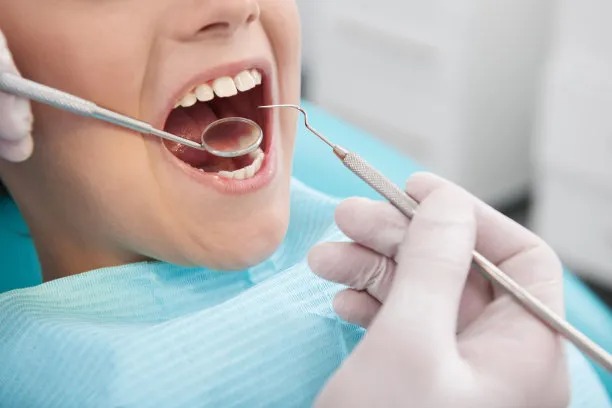The Revolutionary Impact of Dental Implants on Modern Dentistry and Patient Quality of Life
Summary: Dental implants have revolutionized modern dentistry by providing a durable and effective solution for tooth replacement. Unlike traditional dentures or bridges, they offer significant advantages including improved aesthetics, better oral health, enhanced functionality, and overall improved quality of life for patients. This article explores the transformative effects of dental implants on both the field of dentistry and the lives of patients, detailing how they have changed perceptions of tooth loss and oral rehabilitation. By examining these key areas, we aim to highlight the profound impact of dental implants in contemporary dental practice and patient satisfaction.
1. Enhanced Aesthetics and Self-Confidence

One of the most significant impacts of dental implants is the improvement in aesthetics they provide. Unlike traditional dentures that can often appear bulky or unnatural, dental implants resemble natural teeth in both appearance and function. This aesthetic enhancement allows individuals to smile confidently without fear of their teeth appearing artificial.
Furthermore, many patients report an increase in self-esteem and confidence after receiving dental implants. The ability to eat, speak, and smile without worry significantly uplifts one’s self-image, which can be life-changing for those who have faced tooth loss or were dissatisfied with their previous dental solutions.
Consequently, the enhanced aesthetics not only improve individual confidence but also promote better interpersonal relationships as patients feel more open and willing to engage socially, free from the anxiety of tooth-related issues.
2. Improved Oral Health Through Functionality
Dental implants contribute positively to oral health by preventing bone loss that often occurs with missing teeth. When a tooth is lost, the jawbone can degrade over time due to lack of stimulation. Dental implants integrate with the jawbone, providing it with necessary support and promoting bone health.
This functional improvement goes hand-in-hand with better eating and speaking capabilities. Patients with dental implants can enjoy a wider variety of foods compared to those wearing traditional dentures, which may restrict certain food types. The ease of biting and chewing with implants encourages a healthier diet, further enhancing overall health.
Moreover, dental implants do not affect neighboring teeth as traditional bridges do, preserving the integrity of adjacent natural teeth. This feature helps maintain the natural alignment of the bite, which contributes to long-term oral health benefits.
3. Long-Term Durability and Cost-Effectiveness
The durability of dental implants is one of their standout features. Designed to last for many years, they can often provide a lifetime solution with proper care, which can be more cost-effective over time compared to dentures or bridges that may require frequent replacements and adjustments.
While the initial cost of dental implants may be higher than other dental restoration methods, their longevity and minimal maintenance needs ultimately make them a wise investment. Patients find themselves spending less on dental visits and restorative treatments in the long run.
Furthermore, maintained dental implants can improve the patient’s overall health, which may reduce healthcare costs associated with oral diseases that can arise from untreated dental issues. Therefore, the long-term durability of dental implants significantly impacts not only finances but also well-being.
4. Transformational Impact on Quality of Life
The introduction of dental implants has fundamentally changed the quality of life for countless patients. Beyond aesthetic and health benefits, they represent a return to normalcy in everyday activities such as eating, speaking, and socializing, activities often hindered by tooth loss.
Patients frequently express that dental implants allow them to resume their favorite activities without the discomfort and inconvenience associated with removable dentures. This resumption of normal life includes enjoying meals with family and friends, engaging in conversations without hesitation, and participating in public or social events without concern.
Research supports that the psychological impacts of tooth loss can lead to feelings of depression and social isolation. Dental implants have helped alleviate these issues by restoring not only teeth but also providing emotional and psychological healing through improved self-image and social interaction.
Summary:
In conclusion, the revolutionary impact of dental implants on modern dentistry is undeniable. They have transformed not only the clinical approach to tooth loss but have substantially enhanced the quality of life for patients. The advantages of improved aesthetics, enhanced oral health, long-term durability, and a notable increase in quality of life mark dental implants as a pivotal advancement in dental care.
This article is compiled by Vickong Dental and the content is for reference only


